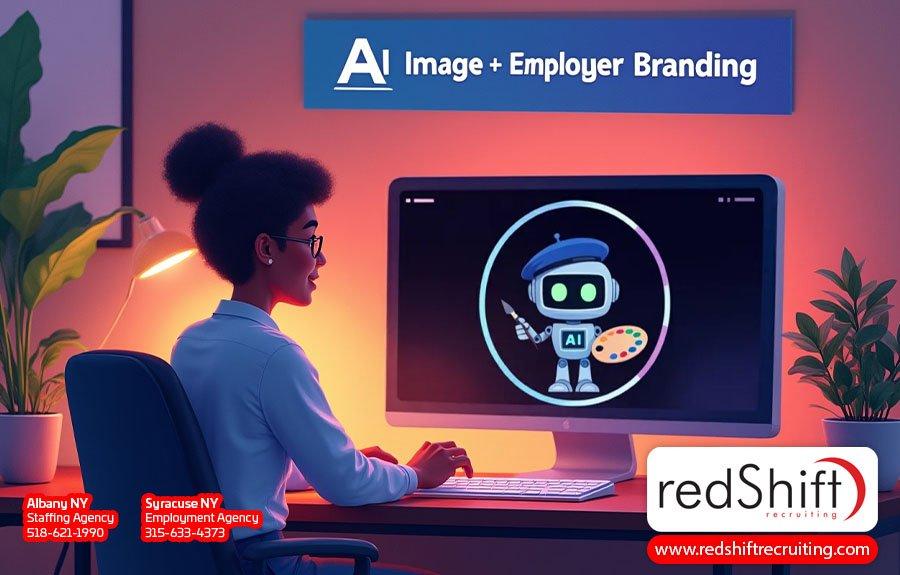How Employers Really view Digital Credentials: Insights into Hiring Trends and Workplace Value
Introduction: The Rise of Digital Credentials
In the ever-evolving digital age, digital credentials have emerged as a popular alternative—and complement—to conventional degrees and certifications. As job seekers and professionals increasingly showcase digital badges, micro-credentials, and online certificates on their resumes and LinkedIn profiles, the critical question arises: How do employers actually view digital credentials? In this article, we’ll dive deep into the real perceptions, hiring trends, and workplace value of digital credentials, providing insights, practical tips, and curated case studies to guide both candidates and organizations.
What Are Digital Credentials?
Digital credentials are verifiable tokens issued electronically to recognize a person’s skills, achievements, or knowledge. Unlike traditional paper certificates, digital credentials can be easily shared, verified, and displayed online, adding an extra layer of clarity and security.
- Digital badges: Visual symbols issued after completing specific courses or skills.
- Micro-credentials: Focused, short-term learning experiences often tied to specific competencies.
- Online certifications: Credentials earned via reputable platforms such as Coursera, LinkedIn Learning, or industry-specific providers.
How Employers Perceive Digital Credentials: The Current Hiring Landscape
As digital transformation sweeps across industries, employers’ views on digital credentials are rapidly shifting. Here’s what today’s hiring managers really think:
- Validation of Skills: Digital credentials offer swift verification of specialized skills, especially in fast-changing fields like IT, data analytics, and project management.
- Recognition from Top Platforms: Credentials from recognized organizations (such as Google, Microsoft, or AWS) carry meaningful weight.
- Continuous Learning: Employers value candidates who demonstrate a commitment to ongoing education, which digital credentials often signify.
- Gaps in Traditional education: For roles where traditional degrees aren’t crucial, digital credentials can fill knowledge or experience gaps.
Yet, while digital credentials are gaining acceptance, the degree to which they influence hiring decisions still varies by industry, role, and employer size.
Key Hiring Trends Shaped by Digital Credentials
- Skills-Based Hiring: More organizations are shifting from degree-based hiring to skills-based hiring, where demonstrable expertise—frequently enough via digital badges or certifications—is prioritized over formal education.
- Automated Screening: Applicant tracking systems (ATS) increasingly scan resumes for digital credential keywords, making their presence a potential advantage.
- Diversity in Candidate Pool: Digital credentials allow people from non-traditional backgrounds to demonstrate readiness for specialized job roles.
- Credential Stacking: Job seekers are combining multiple micro-credentials to showcase a holistic set of competencies.
- Remote and Global Hiring: For remote-first teams, verifiable digital credentials provide reliable, borderless proof of qualifications.
Benefits of Digital Credentials for Employers and Employees
- Streamlined skills assessment and candidate screening
- Enhanced workforce upskilling and reskilling programs
- boosted organizational adaptability and readiness for future roles
For Employees and Job Seekers:
- Demonstrable proof of current,industry-relevant skills
- Improved job marketability and career mobility
- Opportunities for continuous education—without the commitment or cost of a degree
Challenges and Employer Concerns Around Digital credentials
Despite the momentum,some reservations persist among employers:
- Quality Assurance: Not all digital credentials are created equal; employers worry about the rigor and credibility of some programs.
- Over-Saturation: A flood of badges and certificates can make it challenging to gauge genuine expertise.
- Lack of Standardization: The absence of universal standards across issuing bodies leads to ambiguity.
- Authenticity: Even though many digital credentials have anti-fraud features, some hiring managers remain skeptical about their veracity.
Forward-thinking organizations address these concerns by partnering with reputable credentialing providers and developing in-house validation processes.
Case Studies: Real-World Impact of Digital Credentials
IBM has issued over two million Open Badges since launching its digital credential initiative. According to IBM HR leads,employees who earn micro-credentials are 29% more likely to get promoted,and digital badges are now considered during internal job postings and external hiring.
Google’s IT Support Professional Certificate, available via Coursera, has become a recognized pathway into the IT industry for those without a traditional tech degree. Participants report increased interview callbacks and job offers, directly attributed to their digital credentials.
A recent SHRM survey highlights that 45% of small business owners are now considering digital credentials as part of their hiring criteria,especially for modern roles in digital marketing and software advancement.
Practical Tips: Maximizing the Value of Digital Credentials
For Job Seekers:
- choose digital credentials from recognized, reputable organizations.
- include your digital badges/certificates in your resume and LinkedIn profile—with evidence of what was learned or accomplished.
- Stack relevant credentials (ex: project management plus data analysis) for a broader skills narrative.
- Stay updated with emerging skills anticipated by your target employers or industry.
For Employers:
- Update job descriptions to list both traditional and digital credentials.
- Partner with trusted credentialing platforms for upskilling and talent identification.
- Educate HR and managerial teams on how to evaluate digital credentials effectively.
- Foster a culture of lifelong learning by recognizing and rewarding digital achievements.
First-Hand Experience: Voices from Hiring Managers
— Lisa Nguyen, Tech Talent Lead, FinTech Startup
— David Patel, HR Director, Marketing Agency
Conclusion: Digital Credentials and the Future of Hiring
The growing acceptance of digital credentials is transforming the job market and the way employers assess talent.While traditional degrees and experience will always have value,digital badges and micro-credentials offer a dynamic,accessible,and future-ready way to demonstrate skills and validate expertise.For job seekers, they’re a powerful tool to enhance employability and stand out. For employers, they unlock new ways to build agile, well-equipped teams.
As credential ecosystems mature, and more organizations embrace skills-based hiring, digital credentials are poised to play an even larger role in the future of work.Whether you’re seeking a new role or hiring top talent, understanding—and leveraging—the value of digital credentials can give you a measurable advantage in today’s competitive landscape.

